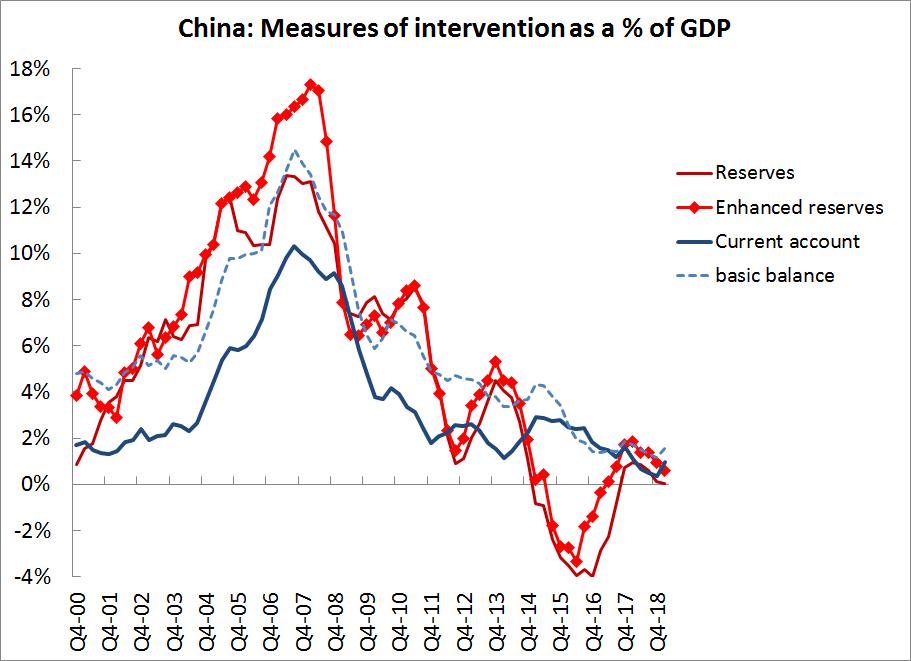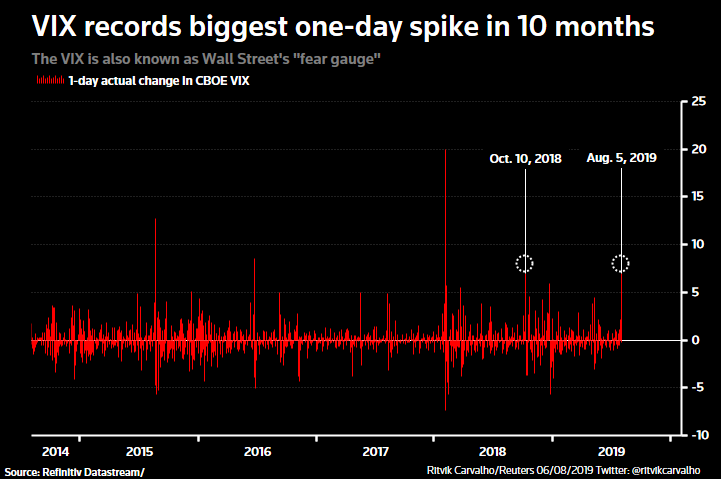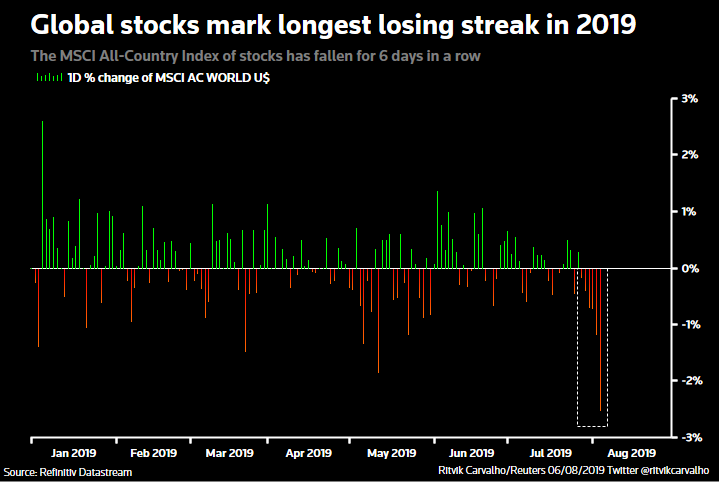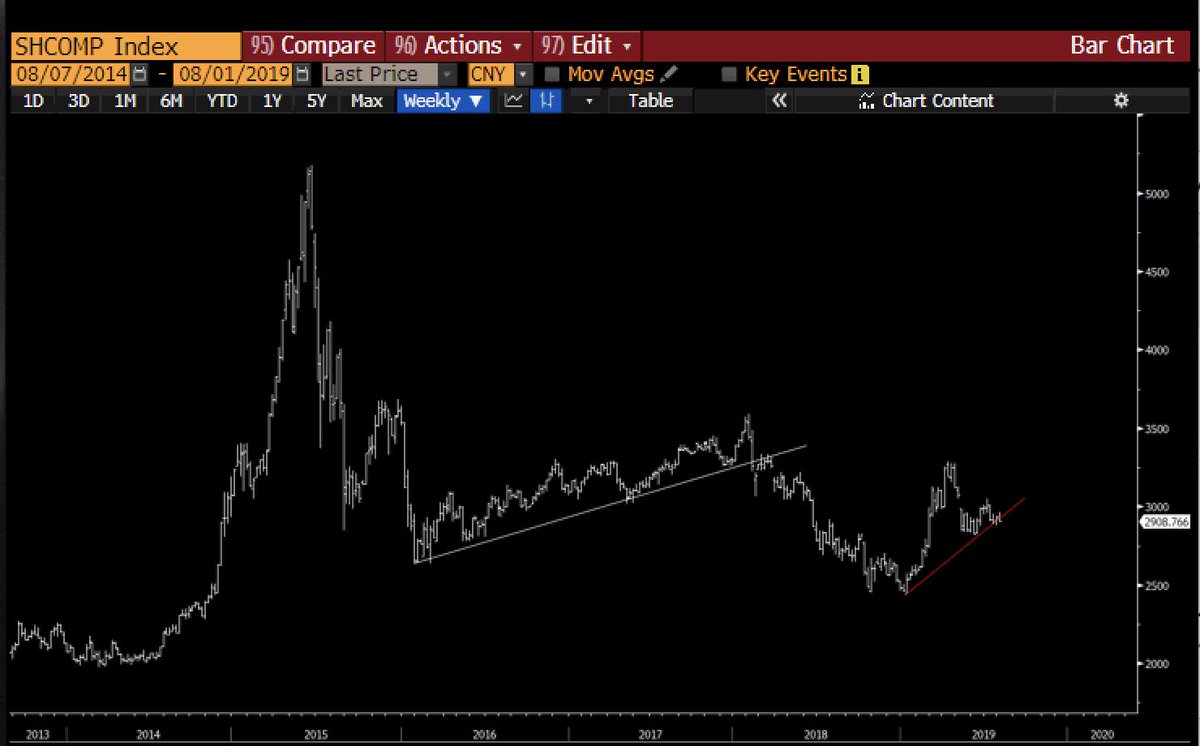ft.com/content/9d24c1…
China clearly met the current criteria for manipulation from 2003 to 2013 ...
but it hasn't been consistently intervening to block appreciation over the last five years.
home.treasury.gov/news/press-rel…
(background in link)
cfr.org/blog/china-man…
imf.org/~/media/Files/…
see Alan Beattie way back when
ft.com/content/9dd058…

There is a lot of legal detail in my 2016 blog on the legal authority available to the Treasury for a designation, and I think it has stood the test of time
cfr.org/blog/china-man…















